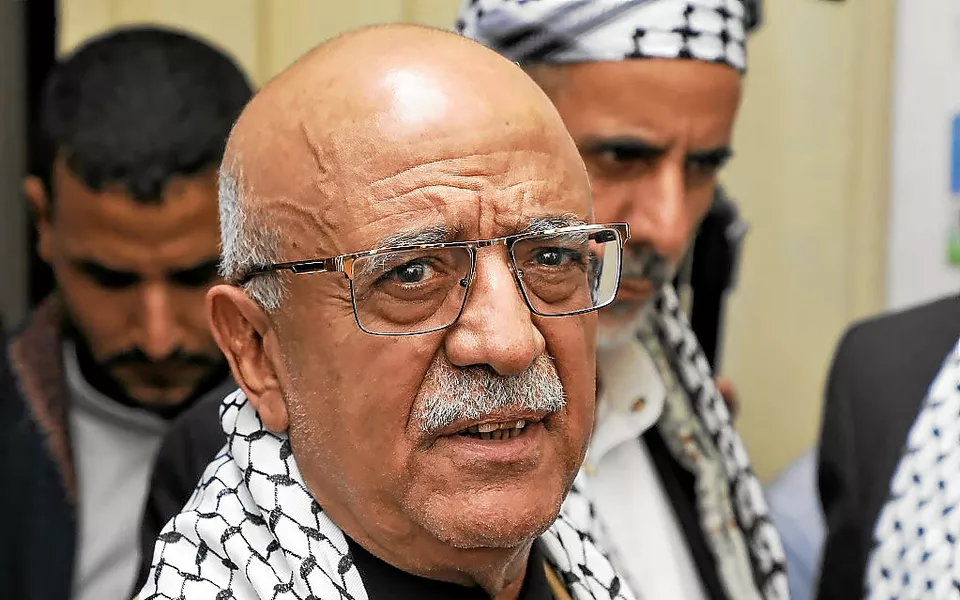The Houthi movement in Yemen has confirmed that its self-proclaimed prime minister, Ahmed Ghaleb Nasser al-Rahawi, was killed in an Israeli air strike on the capital, Sanaa, late Thursday, along with several other senior officials.
The strike marks one of the deadliest blows yet against the leadership of the Iran-backed group, which has controlled much of northern Yemen since seizing Sanaa in 2014. While the Israel Defense Forces (IDF) said only that it targeted a Houthi “military site” in the area, the rebels disclosed on Friday that Rahawi and multiple ministers were killed.
According to Saudi news outlet al-Hadath, the casualties include the Houthis’ foreign minister and the ministers of justice, youth and sports, and social affairs and labour. The office of Houthi president Mahdi al-Mashat added that several other ministers were wounded, some critically.
Deputy Prime Minister Muhammad Ahmed Miftah will assume Rahawi’s duties, the group said. Rahawi, appointed in August 2024, was largely regarded as a political figurehead with limited influence over military strategy, which remains concentrated in the hands of Abdul-Malik al-Houthi, the group’s elusive leader, and a small circle of top commanders.
Neither Abdul-Malik nor key military chiefs — the defence minister and the chief of staff — were reported among the casualties. The IDF has not yet commented on the reported deaths.
The strike comes against the backdrop of intensifying hostilities between Israel and the Houthis since the outbreak of the Gaza war last October. From their Yemeni strongholds, the Houthis have launched ballistic missiles and drones toward Israel and targeted commercial shipping in the Red Sea and Gulf of Aden, actions they describe as acts of solidarity with Palestinians.
Israel has responded with repeated air strikes on Houthi-controlled territory, part of what it says is an effort to neutralize threats to regional shipping lanes and its own territory. The death of Rahawi, while symbolic, raises questions about whether Israel is escalating its campaign to directly target the Houthis’ political leadership rather than focusing exclusively on military infrastructure.




